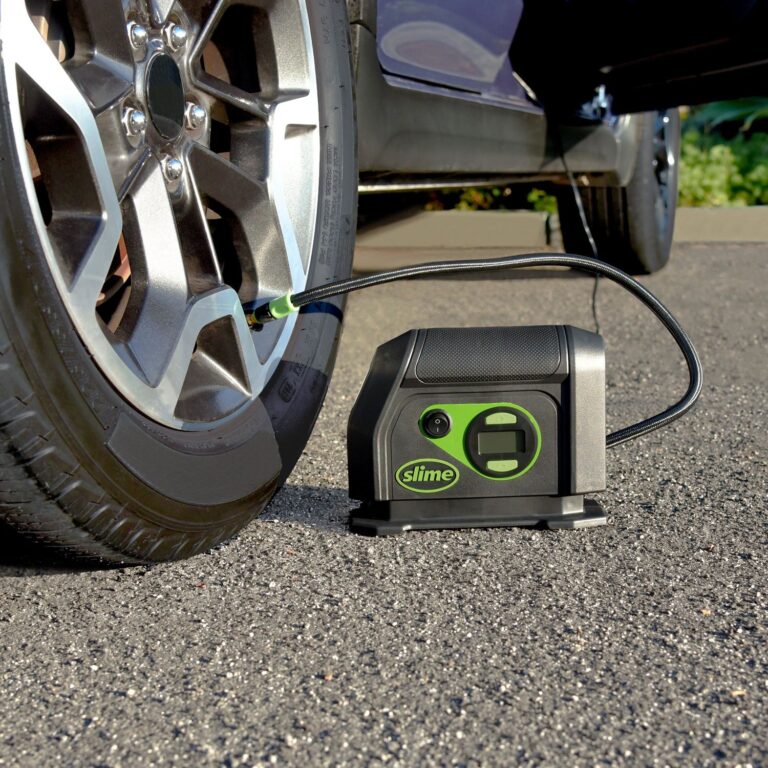Will Lights Turn On if the Alternator is Bad?

When your car’s alternator is malfunctioning, it can affect the electrical system in several ways, including your vehicle’s lights. The alternator plays a crucial role in generating power for your car’s electrical systems while the engine is running. If the alternator fails, it can cause the lights to behave unpredictably. Here’s a deeper look at how a bad alternator can affect your car’s lights and other electrical components.
What is the Role of the Alternator?
The alternator is responsible for charging your car’s battery while the engine is running. It provides power to the electrical systems, including lights, air conditioning, and more, and ensures the battery doesn’t run out of charge. When the alternator goes bad, the vehicle must rely on the battery alone for power.
How a Bad Alternator Affects Your Car’s Lights
1. Dimming or Flickering Lights
- Dimming headlights or interior lights: One of the first signs of an alternator issue is the dimming of headlights or dashboard lights, especially when you accelerate or decelerate. This occurs because the alternator is no longer supplying enough power to the system.
- Flickering lights: A failing alternator may cause the lights to flicker or go bright and dim intermittently, as it struggles to maintain a consistent charge to the battery.
2. Lights Going Out Completely
- Complete loss of lights: If the alternator fails entirely, the battery will eventually lose its charge, causing the lights (both interior and exterior) to go out completely. This is a more serious sign of alternator failure.
3. Battery Warning Light
- Most modern cars have a battery or alternator warning light that will illuminate when the alternator isn’t charging the battery properly. This light is usually an indication that there’s an issue with the alternator, which may lead to your lights going dim or flickering.
What Happens If the Alternator Completely Fails?
If your alternator stops working entirely:
1. Battery Drain
- Without the alternator, your car’s battery is the only source of power for the lights and electrical systems. As the battery depletes, the lights will begin to fade or turn off.
2. Engine Stalling
- The alternator also powers the ignition system. If the alternator fails, the engine will eventually stall once the battery loses charge, and the car will no longer start until the alternator is replaced.
Signs That the Alternator is Going Bad
If you notice any of the following signs, it’s important to check your alternator before it causes more severe issues:
1. Dimming or Flickering Lights
- As mentioned, this is a common sign of alternator failure.
2. Warning Lights on the Dashboard
- The battery or alternator warning light might illuminate to indicate charging issues.
3. Strange Noises
- A failing alternator can sometimes produce a grinding or whining noise due to damaged bearings inside the alternator.
4. Electrical Malfunctions
- In addition to the lights, other electrical components like the radio, air conditioning, and power windows may stop working or behave erratically.
5. Engine Stalling
- A completely dead alternator will cause the engine to stall as it no longer receives power to maintain running.
Can a Bad Alternator Be Fixed?
Yes, a bad alternator can typically be repaired or replaced. If you experience any symptoms of a failing alternator, it’s important to address the issue quickly to avoid being stranded with a completely drained battery. Replacing an alternator can often resolve electrical problems, including dimming or flickering lights.
Conclusion
If the alternator is bad, it can certainly affect your car’s lights. From dimming or flickering lights to complete loss of electrical power, the alternator plays a key role in supplying power to your vehicle’s electrical systems. If you suspect that your alternator is malfunctioning, it’s essential to get it checked and repaired promptly to prevent more serious issues, including engine stalling and battery drain.
FAQs
1. Can a car run with a bad alternator?
- It can, but only for a short time before the battery depletes. Once the battery loses its charge, the car will stall, and you won’t be able to restart it.
2. What happens if I drive with a bad alternator?
- Driving with a bad alternator can result in dimming or flickering lights, electrical malfunctions, and eventually, engine failure as the battery drains.
3. How do I know if my alternator is bad?
- Common signs include dim or flickering lights, a dashboard warning light, electrical issues, and engine stalling.
4. How much does it cost to replace an alternator?
- The cost of replacing an alternator varies but generally ranges from $300 to $800, depending on the vehicle make and model.
5. Can a bad alternator cause a check engine light to come on?
- Yes, a bad alternator can trigger the check engine light if it leads to electrical or charging system issues.
Also Check:
• Does the Alternator Charge the Battery?






2 Comments